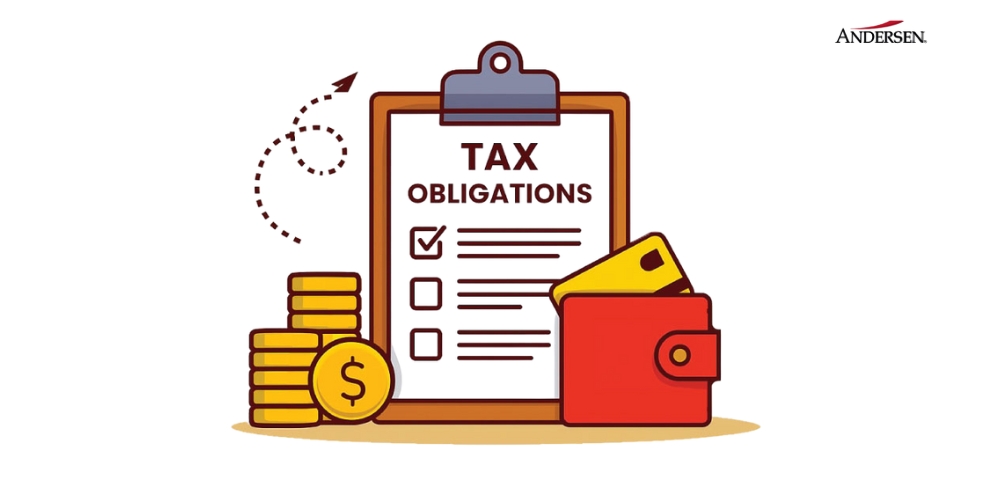The sale of a business in Georgia can take two main forms: selling the company’s shares or selling its business assets. While both options ultimately transfer ownership and control, they differ substantially in their tax implications. Georgian tax law provides distinct treatment for each transaction type, especially under Personal Income Tax (PIT), Corporate Income Tax (CIT), and Value Added Tax (VAT).
Understanding how each type of sale is taxed is crucial for structuring transactions efficiently, minimizing tax exposure, and ensuring compliance with local regulations.
Sale of Company Shares
Selling company shares is one of the most common ways to transfer business ownership in Georgia, and its taxation depends on who the seller is: an individual, a Georgian company, or a non-resident entity.
Sale of Shares by Individuals
For individuals, income from the sale of company shares is treated as a capital gain and is subject to the Personal Income Tax (PIT) at the general rate of 20%. The taxable amount is the difference between the sale price and the acquisition cost, taking into account related expenses.
However, Georgian legislation provides a significant tax exemption for long-term share ownership. If an individual sells shares that have been held for more than 2 (two) years, and the shares were not used in economic activity, the gains from this sale are exempt from PIT. Notably, merely holding shares with the intention of receiving dividends does not constitute economic activity. As a result, if an individual acquires shares in a Georgian company and sells them after two years, the gain is fully exempt.
This exemption makes Georgia particularly attractive for long-term investors, shareholders, and entrepreneurs who structure their business holdings with an eye toward eventual sale.
Sale of Shares by Resident Companies
If a Georgian resident company sells shares in another entity, the gain is recognized as income but is not immediately taxed. Under Georgia’s Estonian-style Corporate Income Tax (CIT) system, profits are taxed only when distributed to shareholders or used for non-business purposes.
Thus, a company selling shares does not incur tax at the moment of sale. Taxation arises only later, when profits are distributed (15% CIT) and subsequently paid out to shareholders (5% dividend withholding tax).
Sale of Shares by Non-Resident Companies
For non-resident companies, the situation differs. The Estonian CIT model does not apply to them. When a foreign entity sells shares in a Georgian company, it must self-assess its CIT liability in Georgia.
The taxable base is the difference between the sale price and the acquisition cost, including any documented improvements or capital contributions made into the company’s equity. The resulting gain is subject to corporate income tax at 15%.
However, Georgia has concluded Double Taxation Avoidance Agreements (DTAAs) with around 58 countries, including most of its major trading partners. In certain cases, depending on the provisions of the relevant treaty, such income may be taxed only in the seller’s country of residence, meaning that no Georgian tax would apply. Each case must therefore be analyzed based on the applicable treaty terms.
This rule ensures that profits derived from the sale of Georgian corporate interests remain within Georgia’s taxing rights, even when the seller is a foreign legal entity.
Sale of Business Assets
When a company sells its business assets, such as equipment, real estate, or inventory, the proceeds are recognized as income for accounting and tax purposes. However, due to Georgia’s Estonian-style taxation system, this income is not immediately subject to CIT.
The tax obligation arises only when the profit is distributed or used for non-economic purposes. Therefore, if a company sells its assets and later distributes the profit to its shareholders, it will face:
- 15% Corporate Income Tax at the time of profit distribution; and
- 5% Dividend Withholding Tax on payments to shareholders.
This mechanism allows companies to reinvest the proceeds from asset sales without immediate tax consequences, making Georgia’s system highly favorable for business growth and restructuring.
VAT Implications
VAT treatment depends on whether the transaction involves a share transfer or an asset transfer.
Share Transfer
The sale of shares is treated as a financial operation and is exempt from VAT without the right of deduction. This means that while no VAT is charged on the transaction, input VAT incurred on related expenses cannot be credited.
Asset Transfer
The transfer of assets may appear taxable at first glance, but Georgian law provides a specific exclusion. According to the Tax Code, the transfer of all of a taxable person’s assets to another taxable person is not considered a supply of goods and therefore falls outside the VAT scope.
In practical terms, if one VAT payer business sells or transfers its entire business to another VAT payer, no VAT arises on the transaction.
The sale of a business is not merely a commercial decision; it is a transaction with important tax consequences that can significantly affect the financial outcome for both parties. Whether the transaction involves shares or business assets, careful tax planning is essential to ensure compliance and efficiency.
Early consultation with tax professionals is strongly recommended not only at the time of sale but also before starting or investing in a business, as the chosen corporate and ownership structure can have a major impact on future tax treatment when the business is eventually sold.
About Andersen in Georgia
At Andersen Georgia, we advise business owners, investors, and corporate groups on structuring business sales and acquisitions in the most tax-efficient way. Our experts assist with transaction planning, valuation, documentation, and compliance under CIT, PIT, and VAT rules.
Disclaimer: This article is based on Georgian legislation and publicly available information as of October 2025. It is intended for informational purposes only and does not constitute legal or tax advice. Readers are advised to seek professional consultation tailored to their specific circumstances before making any decisions based on this material.

